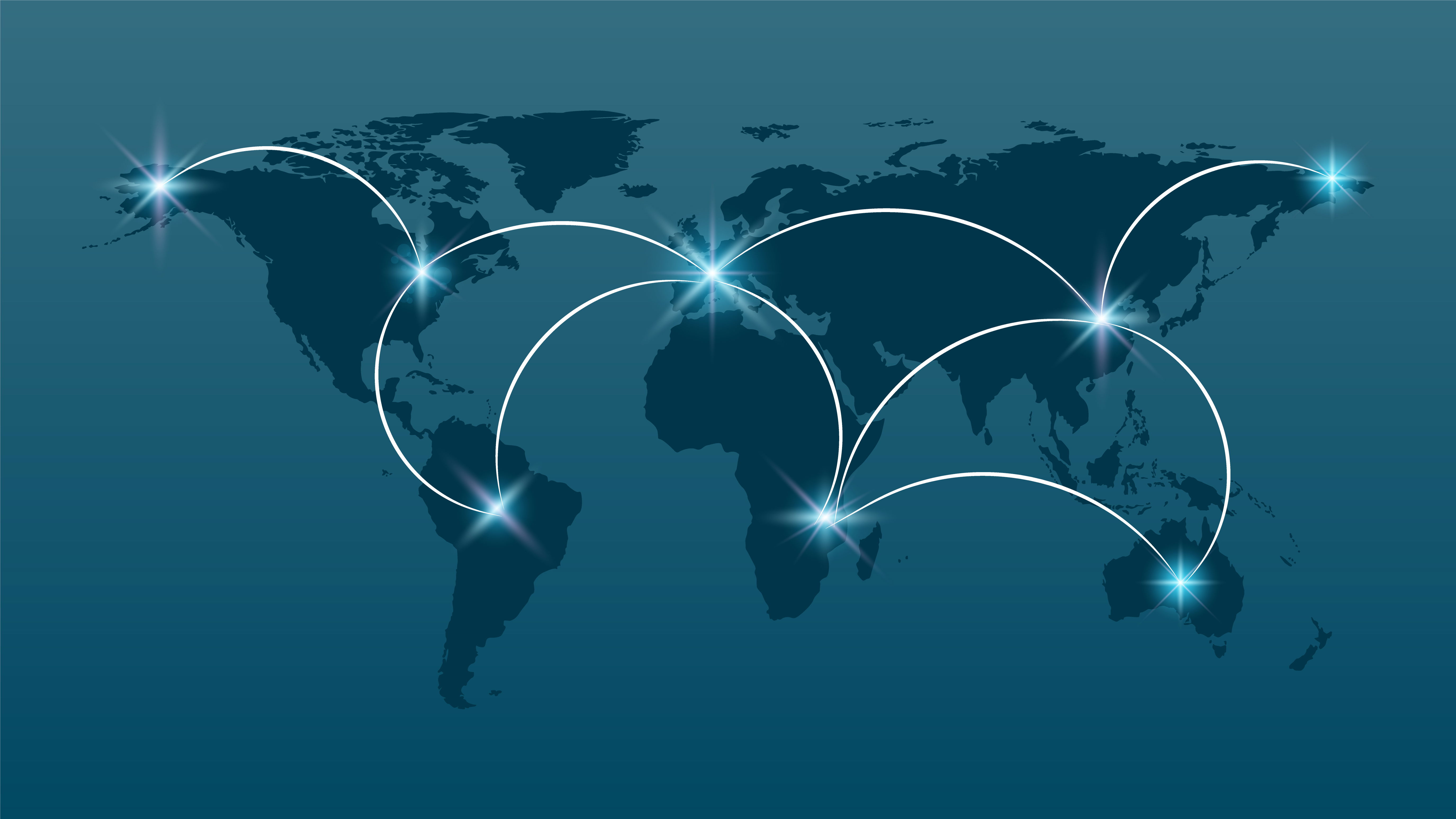Exploring the Impact of Globalization on Businesses and Consumers

By Michael Jumba
What is Globalization and How Does it Affect Businesses & Consumers?
Globalization is the process of integrating economies, cultures, and societies around the world. It has been driven by increased international trade, investment, and technology that has enabled businesses to operate on a global scale. Globalization has had a profound impact on businesses and consumers alike, creating new opportunities for growth and development while also bringing new challenges. It has opened up international markets to businesses while providing consumers with access to a wider range of products at competitive prices. At the same time, globalization has led to increased competition in many industries as well as greater economic uncertainty due to fluctuating exchange rates and tariffs. In this article we will explore globalization’s impact on businesses and consumers in more detail.
The Benefits of Globalization for Businesses & Consumers
Globalization has opened up new opportunities for businesses and consumers around the world. It has enabled businesses to access global markets, reduce costs, and increase profits. Consumers have benefited from a wider range of products at lower prices due to increased competition in the global market. Globalization has also led to increased economic growth in many countries, which can benefit local communities by creating more jobs and increasing wages. In this article, we will discuss the advantages of globalization for both businesses and consumers. We will look at how it can help businesses gain access to new markets, reduce costs, and increase profits as well as how it can benefit consumers with better products at lower prices. We will also discuss how globalization can lead to greater economic growth in many countries around the world.
The Challenges of Globalization for Businesses & Consumers
Globalization has been a major force in the modern world, driving economic growth and connecting people around the globe. However, it has also created many challenges for businesses and consumers alike. These challenges include economic inequality, cultural homogenization, and other negative effects of globalization. In this article, we will examine how businesses and consumers can address these issues to ensure a more equitable global economy. We will also explore how governments can use policy to mitigate the effects of globalization on their citizens.
How Technology is Helping to Overcome the Challenges of Globalization
Globalization has created a plethora of opportunities for businesses to reach out to customers all over the world. However, it also brings with it a number of challenges, such as language barriers, cultural differences, and geographical distance. Technology is helping to overcome these challenges by providing digital transformation solutions that allow businesses to better understand their customers and create an engaging customer experience.Digital transformation solutions include e-commerce platforms and online marketplaces that enable businesses to quickly launch new products and services for global audiences. These platforms allow businesses to access new markets, engage with customers in different languages, and provide localized content tailored for each region. With the help of technology, companies are now able to reach out to customers from all over the world in a more efficient manner.
What are the Best Practices for Companies to Succeed in a Globalized Economy?
The world is becoming more and more interconnected, and companies must adapt to the new reality in order to stay competitive. Companies need to develop global business strategies, international marketing strategies, and cross-cultural communication strategies in order to succeed in a globalized economy. In this article, we will discuss the best practices for companies to succeed in a globalized economy. We will look at how companies can use technology and data analysis to gain insights into different markets, how they can develop effective international marketing strategies, and how they can ensure effective cross-cultural communication. By following these best practices, companies can position themselves for success in the global market.
Embrace the Opportunities that Come with Globalization to Grow Your Business and Improve Your Global Presence
Globalization is a powerful force that can be used to expand businesses, create new opportunities, and improve the lives of people around the world. For companies that are willing to embrace these opportunities, globalization can provide an unprecedented level of growth and success. By taking advantage of the increased access to resources and markets that globalization provides, businesses can gain a competitive edge in their respective industries. Additionally, by recognizing the potential for increased diversity in their workforce and customer base, companies can create an even more successful business model. With careful planning and consideration for the potential risks associated with globalization, any business has the potential to benefit from its advantages.


